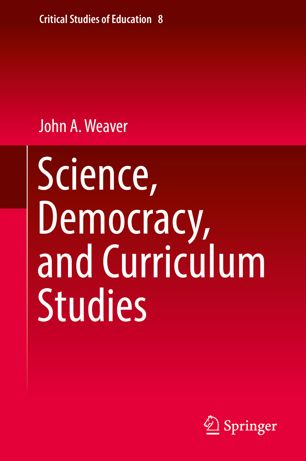

Most ebook files are in PDF format, so you can easily read them using various software such as Foxit Reader or directly on the Google Chrome browser.
Some ebook files are released by publishers in other formats such as .awz, .mobi, .epub, .fb2, etc. You may need to install specific software to read these formats on mobile/PC, such as Calibre.
Please read the tutorial at this link: https://ebookbell.com/faq
We offer FREE conversion to the popular formats you request; however, this may take some time. Therefore, right after payment, please email us, and we will try to provide the service as quickly as possible.
For some exceptional file formats or broken links (if any), please refrain from opening any disputes. Instead, email us first, and we will try to assist within a maximum of 6 hours.
EbookBell Team

5.0
108 reviewsIn this book John A. Weaver suggests curriculum studies scholars need to engage more in science matters. It offers a review of science studies writing from Ludwick Fleck and Thomas Kuhn to Philip Mirowski. The volume includes chapters on the rhetoric of science with a focus on the history of rhetoric and economics then on the rhetoric of models, statistics, and data, a critique of neoliberalism and its impact on science policy and the foundations of democracy, Harry Collin’s and Robert Evans’ theory of expertise followed by chapters on feminism with a focus on the work of Sharon Traweek, Karen Barad, and Vinciane Despret, postcolonial thought, with attention paid to the work of Daniela Bleichmar, Londa Schiebinger, Judith Carney, Sylvia Wynter, Paul Gilroy, and Sandra Harding, and a final chapter on Nietzsche’s philosophy of science. Each section is introduced by an interlude drawing on autobiographical connections between curriculum studies and science studies.